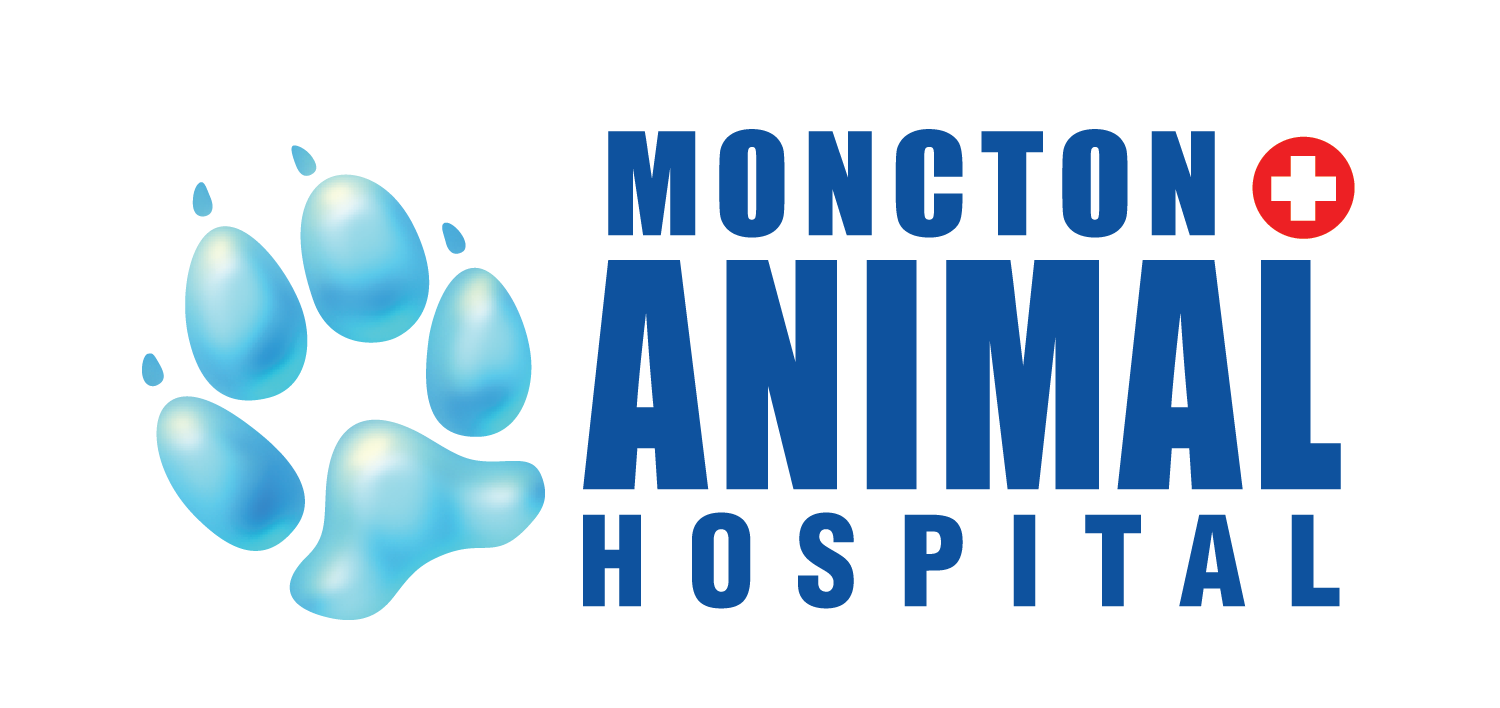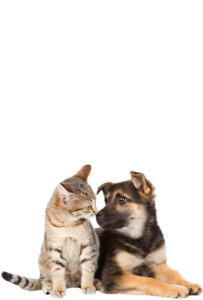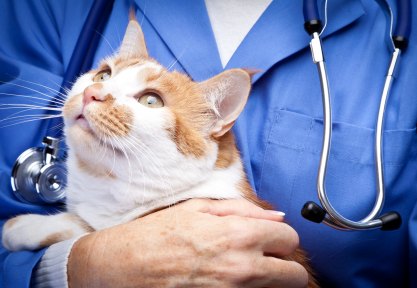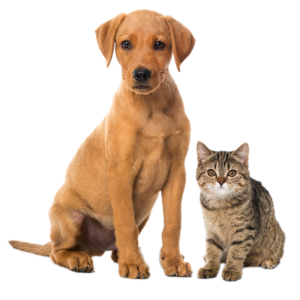What You and Your Pet Can Expect
It is likely that every pet will need to be put under an anesthetic at some point during their lives. Whether it be for a routine procedure such as a spay or neuter or a more serious issue, surgery can be a source of anxiety for both the pets and the owners. It is our goal to decrease the stress experienced by all members of your family. We often get questions from pet owners asking, “What will happen to my pet today?” Below you will find many of the answers to these questions. As always our team members are available to discuss your individual pet’s needs.
In preparation for a surgery the patient will need to be fasted. This means that the night before the surgery the animal should not eat anything past their routine dinner meal. As a general rule we suggest not offering any food past 8pm the night before a surgery. Water is ok to leave down until midnight at the latest. Your animal should not have any food or treats at all the morning of a surgery.
Q. Why does my pet need to be fasted?
A. Having an empty stomach is an important safety measure for an animal undergoing an anaesthetic. When asleep, all your pet’s muscles are relaxed, including those of the stomach. If there is food in the stomach it increases the likelihood that your animal will vomit while under the anesthetic or while in recovery. It is dangerous for your animal to vomit while sedated as they may breathe in or aspirate the fluid into their lungs.
Q. Is my pet going to be hungry all day?
A. No. Once your pet is awake and standing we will offer it a small meal. We offer a small amount of food to start as the medicine we give can make them nauseous. If you like, you can bring in some food from home, but we do have a variety of diets to offer here in hospital.
Routine surgeries are generally scheduled as “day surgeries” meaning your pet will be admitted in the morning and will be sent home later that same day. We admit patients for surgeries between 7 and 8:30 am.
When you bring your pet in you will spend 10-15 minutes with one of our Technicians. They will collect some information from you about how your pet is doing at home and will do a brief physical exam. They will answer any questions about the surgery you may have and will discuss some of the options available such as Microchipping, IV Fluids and Bloodwork. This is your opportunity to mention any concerns you have about your pet’s health or behavior. An estimate will be provided which details the costs of the procedure and signed consent will be requested. Please be sure we have a current phone number where you can be reached for the day. After the exam the Technician will bring your animal to the treatment area to be readied or surgery.
Q. Do I have to stay for the appointment with the Technician?
A. You do not have to stay but we strongly encourage you to do so. The Veterinarian will also do a thorough exam before the surgery and if there are any concerns we will need to call and discuss them with you. Some of these issues can be picked up by the Technician which prevents a delay in starting your pet’s surgery.
Q. I’ve brought my animal in to see you before and it’s been healthy, why does it need an exam?
A. There can be many changes to your pet’s health that may occur between visits and an exam could pick up on any potential issues or special requirements your pet needs. Although many of the procedures we do each day are routine, they are still major surgeries and we want to be sure that each animal is well prepared. We want the surgery to proceed as smoothly and as safely as possible!
After your pet has been admitted the veterinarian will do another, more thorough exam. The doctor will then administer an injection of a sedative and some pre-surgical pain management. This injection will not make your animal fall asleep but will make them feel very tired and will reduce any anxiety they may feel. All of the surgeries are performed in the morning and are typically finished by 1pm. The Veterinarian will determine the order of surgeries. After your animal has recovered the Technician will call you at your request to let you know everything went well and if a discharge time has not yet been established one will be scheduled for you.
After your pets surgery has been finished, they are placed in recovery and monitored closely. As soon as they are able they are offered food and the dogs are taken outside for a short walk. Most animals take several hours to wake up fully and discharge times are generally scheduled for late afternoon/early evening.
At the discharge appointment the Technician will go over everything you need to know about your pet’s recovery. They will show you your pet’s incision and discuss the management of pain and inflammation over the next few days. If you have any concerns in the days following your pets surgery we encourage you to call and bring them in. All post-surgery checkups are complimentary when scheduled during regular business hours.
Q. Why do I need another appointment to pick up my pet? Can’t I just drop by and get them any time?
A. Scheduling a pick up time allows us to be sure there is a team member available to go over any information you need to know. If you drop in without an appointment you may have to wait until someone is free to discharge your animal. Also, every animal is an individual and some require more time to recover than others. We prefer to send an animal home when it is up and steady on its feet rather than still feeling sedated. Your pet’s health and comfort is our number one priority.



